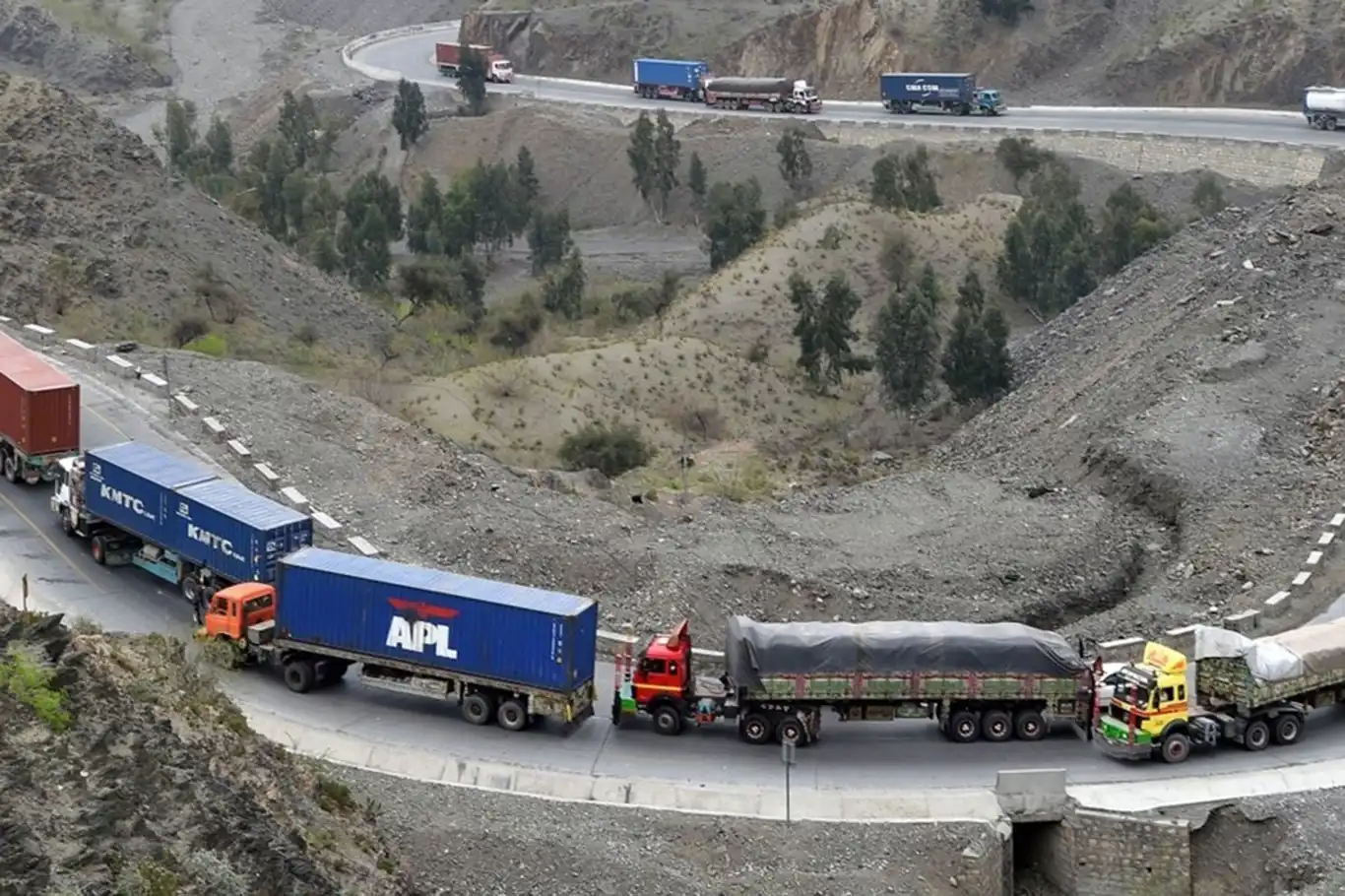Afghanistan’s trade volume surpasses $12 billion in 2024


Afghanistan's total trade volume in 2024 has exceeded $12 billion, according to a report from the Ministry of Industry and Commerce.
The figure marks a significant milestone for the country, showcasing economic recovery and growth since the political changes of 2021.
The ministry noted that Afghanistan's economy has undergone substantial transformations, stabilizing over time. Exports, a critical component of the national economy, have more than doubled compared to pre-2021 levels.
The report detailed Afghanistan’s total trade for the year as $12.42 billion, comprising $1.803 billion in exports and $10.619 billion in imports. While exports declined by 4% compared to $1.884 billion in 2023, imports saw a notable 38% increase from $7.71 billion in the previous year.
This shift has led to a trade deficit of $8.816 billion in 2024, with exports accounting for 15% of total trade and imports representing 85%. Despite the decline in export figures, the ministry views this as a sign of stabilization and economic normalization.
The report highlighted changes in Afghanistan’s trade dynamics. Exports to Pakistan and China have decreased, while trade with Turkey and India has grown. Additionally, exports to neighboring countries, including Iran, Kazakhstan, Uzbekistan, and the UAE, have doubled, signaling expanding regional trade partnerships.
Afghanistan’s primary export products include pomegranates, figs, raisins, hing, and coal. Key import sources remain Iran, the UAE, Pakistan, China, and Turkmenistan.
The Ministry of Industry and Commerce emphasized that Afghanistan's purchasing power has increased, supported by favorable government policies and tariff reforms benefiting the private sector. The rise in imports is attributed to improved consumer demand, reflecting broader economic activity.
While challenges persist, the ministry expressed optimism about the country's trade future. It underscored that, despite negative media portrayals, Afghanistan’s economy is stabilizing, and the private sector continues to thrive under government support.
As Afghanistan strengthens its trade networks and diversifies its export markets, the country looks forward to further bolstering its economic resilience in the coming years. (ILKHA)
LEGAL WARNING: All rights of the published news, photos and videos are reserved by İlke Haber Ajansı Basın Yayın San. Trade A.Ş. Under no circumstances can all or part of the news, photos and videos be used without a written contract or subscription.
Türkiye’s aviation sector recorded a significant milestone in 2024, with the nation’s airports serving 230.2 million passengers, including direct transit travelers, reflecting a 7.5% increase compared to the previous year, according to Transport and Infrastructure Minister Abdulkadir Uraloglu.
Türkiye’s Treasury and Finance Minister Mehmet Şimşek has stated that the government remains committed to its disinflation program, emphasizing the priority of addressing the livelihood concerns of Turkish citizens.
Türkiye's annual consumer price index (CPI) rose by 44.38%, with a monthly increase of 1.03% in December, according to the Turkish Statistical Institute.